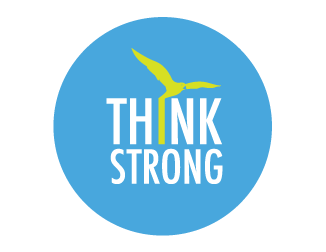TRAUMA-INFORMED, ADDICTION AND RELATIONSHIP THERAPY IN HOVE
We are living through unprecedented times, and many people are struggling to cope. While some draw on resilience and strong support networks, others find past trauma and maladaptive coping mechanisms, such as addiction, resurfacing.
As a therapist, I work with individuals and couples facing emotional pain, whether through addiction, relationship challenges, or other forms of self-harm. My approach combines psychodynamic therapy and Cognitive Behavioural Therapy (CBT) to help you understand the root causes of distress and develop practical strategies for change.
CBT empowers clients to challenge irrational beliefs and replace them with evidence-based thinking. By addressing thoughts, behaviours, emotions, and physical sensations, CBT provides clarity and a structured path forward. Short-term, goal-focused sessions can be highly effective for issues such as anxiety, low self-esteem, and relationship stress. Combined with a psychodynamic framework, this approach allows me to explore deeper patterns while creating actionable solutions.
As a LGBTQIA+ affirmative therapy, I address challenges such as Chemsex, pornography use, and intimacy concerns either individually within the context of the relationship. My work also focuses on generational trauma, Adverse Childhood Experiences (ACEs), and how these impact identity, gender, and sexual orientation.
For convenience and accessibility, I provide face-to-face at the Somatic Therapies Centre as well as online counselling via Zoom, ensuring therapy fits into your life. As a registered BACP therapist, I am fully trained, supervised, and accountable.
If you’re considering trauma therapy, relationship counselling, or addiction support, I offer a free online consultation to discuss your needs and how we can work together.

